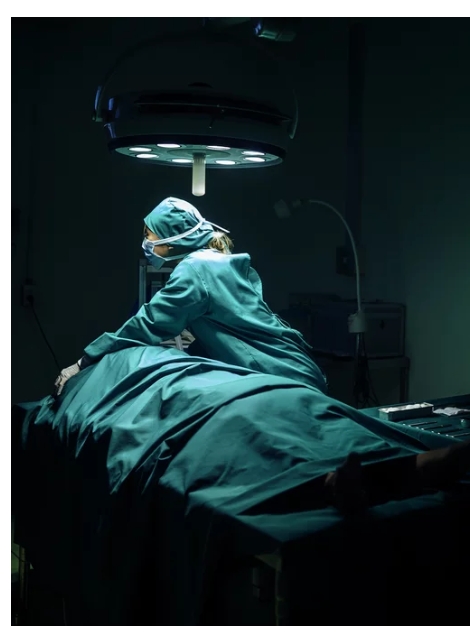
“Brain Death: Are We Getting It Wrong?
Calls Grow to Rethink Organ Donation Practices
In operating rooms across the world, including here in Australia, a chilling phenomenon is prompting urgent questions: when brain-dead patients lie on the table to undergo organ harvesting surgery, in about 75% of cases, they make spontaneous, defensive movements.
Witnesses report arms snapping protectively over chests, legs kicking, bodies arching, even patients sitting upright and grabbing at the surgical staff. Some make guttural, choking noises. Their blood pressure and heart rate spike. It’s a sight so disturbing that some surgical assistants have quit the profession altogether, unable to cope with the horror.
This reaction is known as the “Lazarus Reflex.” Officially, doctors describe these movements as “spinal reflexes” — unconscious reactions triggered by the spinal cord, supposedly with no input from a functioning brain. But many are starting to ask: can a truly dead person sit up, grab someone, and fight back?
A young anaesthetist attending an organ removal for the first time learned the hard way. When he questioned why anaesthesia was necessary for a “dead” patient, his senior shot back, “How do you know that for sure?” The moment left him — and many others — shaken.
The German Foundation for Organ Transplantation (DSO) states that anesthesia during organ removal isn’t needed to suppress consciousness or prevent pain. Still, they recommend calming donors with opiates or muscle relaxants to avoid spikes in blood pressure and “involuntary movements.” But again — why would a dead body need drugs to relax, or medication to manage blood pressure?
Simple questions beg simple answers:
Which dead person needs anesthesia?
Which dead person shows defensive responses?
Which dead person’s heart races under stress?
These observations challenge the prevailing assumption that brain death equals true death. Instead, growing numbers of doctors argue that brain death marks just one stage in the dying process — not its completion.
“If the kidneys fail, we don’t call someone ‘kidney-dead’ and give up — we treat them. When the brain stops working, it’s damaged — but not necessarily dead,” argue critics of current organ harvesting practices.
And disturbingly, there are now documented cases of brain-dead patients who later regained consciousness.
Some leading transplant experts admit that it’s impossible to prove that brain-dead patients have no sense of pain or awareness. Which raises a deeply uncomfortable moral question: if we cannot guarantee they don’t feel pain — why are we proceeding with invasive organ removal procedures without full anesthesia?
Dutch theologian and author Hans Stolp warns that modern medicine may be intervening in the sacred, natural process of death without truly understanding its profound significance. “Dying,” he argues, “is not the end — it is a transition. Every part of the dying process matters.”
Cutting it short for the sake of organ transplants may have consequences we are only beginning to grasp — not just in this life, but possibly beyond.
The Bottom Line?
More and more experts are sounding the alarm:
Brain death may not be real death.
And before we take organs, we might need to start asking much harder questions.”